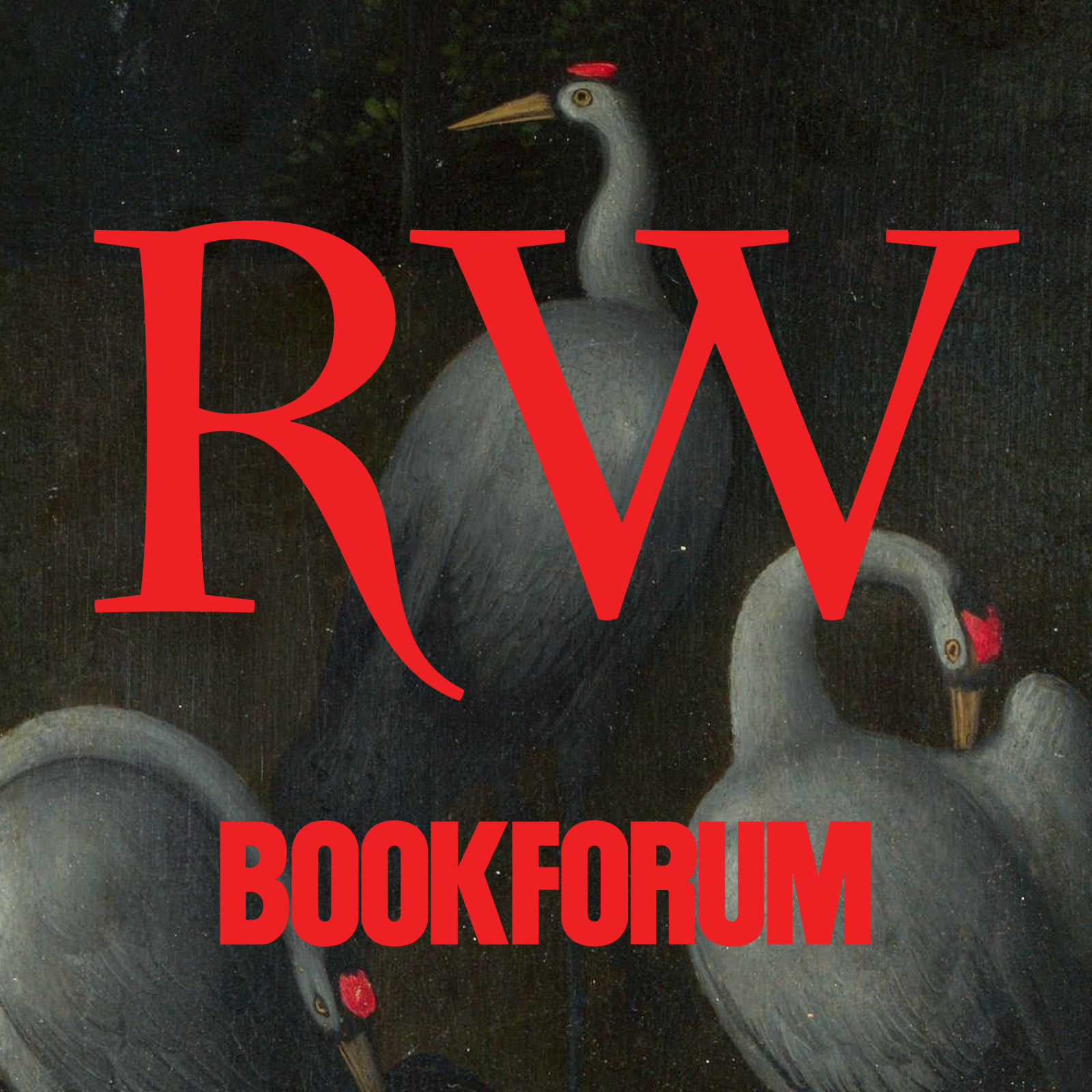
We’re excited to announce that we are partnering with writers Jo Livingstone and Charlotte Shane on Season 3 of their podcast Reading Writers. RW is laser-focused on reading, rather than press cycles. Charlotte and Jo discuss their recent reading in each episode, followed by an interview with book-loving luminary from all regions of cultures, including authors (Tony Tulathimutte, Shon Faye, Sarah Thankam Matthews), journalists (Rachel Handler, Osita Nwanevu), musicians (Matt Korvette of Pissed Jeans), organizers (Emma Robinson), and more. Some of the dozens of titles covered include Jane Eyre, The Chronicles of Narnia, Luster, and Boobs, Boys, and High Heels.
First up will be the letter collections of Vincent van Gogh and D. H. Lawrence, and a chat with superstar novelist Rumaan Alam about magazine eras of yore via Tina Brown’s The Vanity Fair Diaries, a chronicle of Brown’s outfits and power lunches and a window into an unimaginably opulent time for taste-making journalism.
You can subscribe to Reading Writers starting this weekend on The Nation’s podcast feed. In the meantime, please consider supporting RW on Patreon, where you can access bonus materials and share your guest and book-coverage requests.